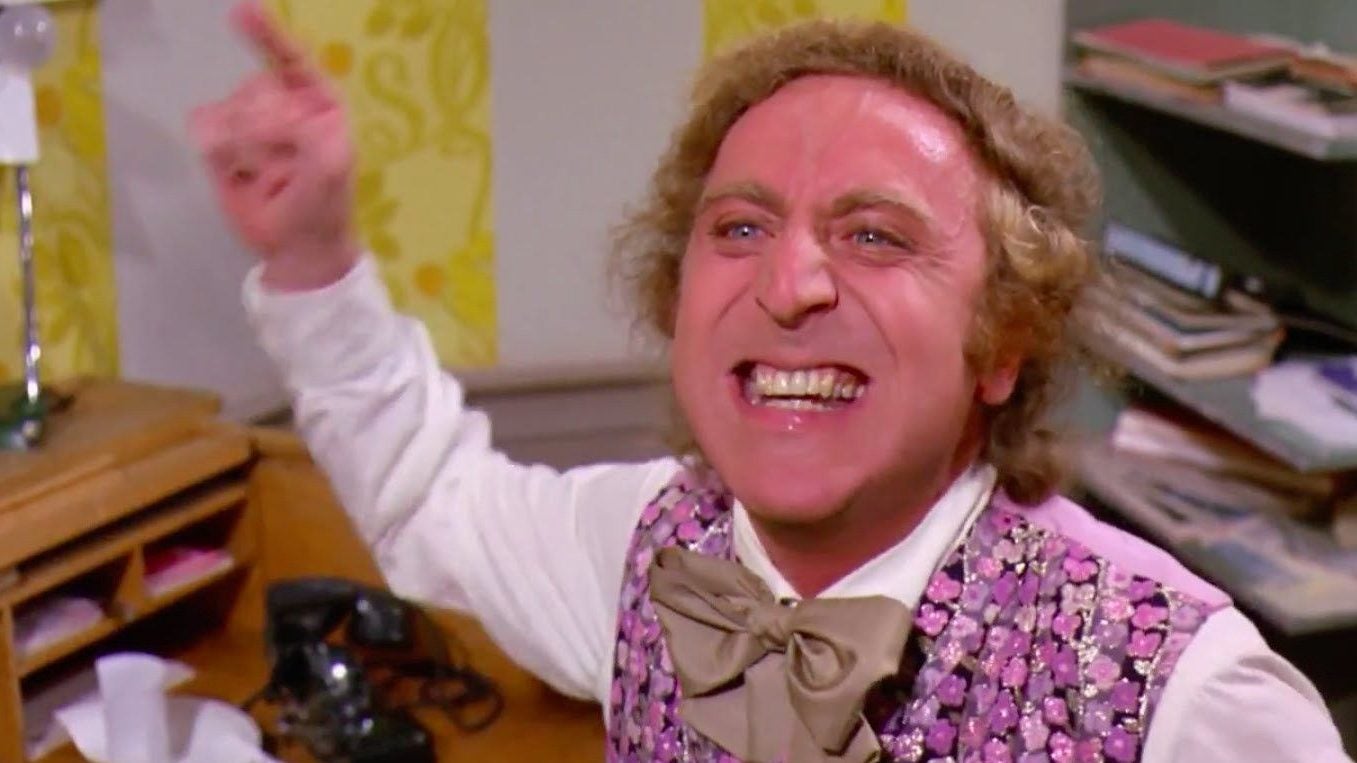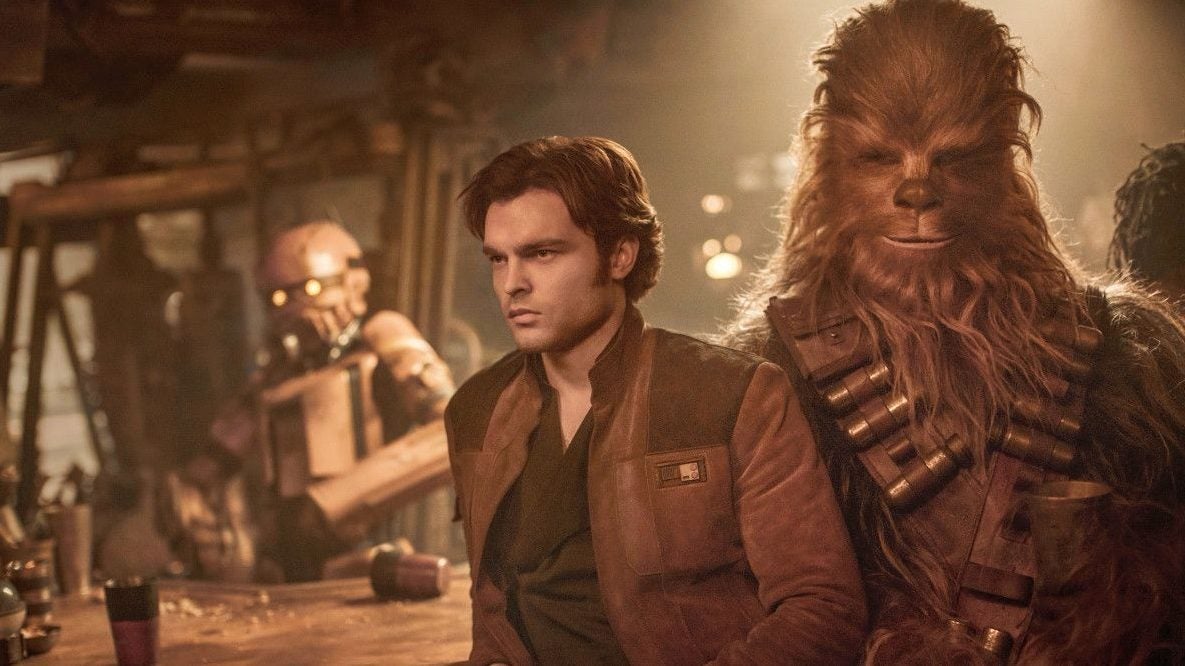Prequels are bad. Stop making them
Hollywood, how about we stop with the prequels?


Hollywood, how about we stop with the prequels?
The box office failure of Solo—the first of Disney’s Star Wars movies that’s likely to lose money—should be a wake-up call to film studios already on the lookout for the next big franchise to prequelize. Not only do prequel movies by and large lack a narrative imperative to exist, but they’re also bad financial investments that drain major resources from, I don’t know, literally anything else.
It’s enough, right? All the creatively and commercially floundering prequels forced on audiences?
Warner Bros. is currently planning a Willy Wonka prequel film that will explore the legendary Roald Dahl character’s origin story, according to Collider. Yes, you read that correctly. A Willy Wonka origin story. With a shortlist of potential stars that includes Ryan Gosling, Donald Glover and Ezra Miller—which proves the studio doesn’t have a firm vision for the character. The film would presumably explain how the chocolate magnate made his fortune, and is unlikely to spare us from the story of how Wonka amassed his workforce of miniature beings known as Oompa-Loompas.
Who could possibly want this? The whole point of Wonka—a beloved character from Dahl’s Charlie and the Chocolate Factory brought vividly to life by Gene Wilder in 1971 (and less so by Johnny Depp in 2005)—is that he is mysterious, wacky, and inscrutable. We don’t know anything about his backstory, and we’re not supposed to.
Solo was a similarly bad idea from the start. A marketing stunt disguised as a feature film, Solo marked Disney’s most cynical move yet: an entire $250 million blockbuster (plus many million more for marketing) devoted to the “early years” of a supporting character from the original Star Wars films. A popular, beloved supporting character, sure—but a supporting character nonetheless.
Much of the film is devoted to depicting Han Solo’s fabled “Kessel Run,” the hyperspace smuggling route the character piloted in record time, a feat referenced superficially in a totally throwaway line during the first Star Wars film 40 years ago. That was far from the only narratively inconsequential Star Wars moment that Solo recycled. The whole film, in fact, is comprised of such moments.
There’s a fundamental difference between even the worst sequel and a prequel: The former, of course, moves a story forward. There are stakes. The latter, meanwhile, weaves itself backward, trying to figure out how to end up back where the story started. With a sequel, usually the idea and story is conceived first, and then during the development or production process, it’s populated with fun little clues and franchise references for the diehards to find and dissect. Those are called “Easter eggs.”
But a prequel like Solo put its eggs before the proverbial chicken: It starts with the clues. (“You’ve never heard of the Millennium Falcon?…It’s the ship that made the Kessel Run in less than twelve parsecs!”) Then it massages that trivial material into the shape of a story.

It’s increasingly clear that, while studio executives think this is what fans what, this is not actually what fans want. The fan reaction to Solo has been divisive at best, toxic at worst, and the limp box office returns reflect the film’s inherent cynicism. While Star Wars fans are a particularly hard bunch to please, they’re not the only ones resistant to the prequelization of major franchises. Prequels almost always perform worse at the box office and with critics than the original movie does. (There are, of course, exceptions, but Francis Ford Coppola can’t direct every film.) For every moderately successful prequel movie, there are 10 Scorpion Kings.
Despite the prequel’s poor track record, they keep coming. We’re getting a Transformers prequel about the robot Bumblebee in December. And Hollywood will continue to make them because it’s afraid. It’s afraid to take actual risks, experiment with new kinds of storytelling, create new characters. Prequels are perfect for this film industry. They allow it to recycle characters, reuse plot lines. No ingenuity necessary.
Most of all, prequels let Hollywood off the hook in coming up with an actual ending. We all knew how Solo would end because we know the character needs to become the one we see Harrison Ford portray in the original Star Wars trilogy. Endings are already pre-baked into prequels, ready-made for our consumption, with no risk of letdown.
Spoiler alert: We know how the Willy Wonka movie will end as well, and it’s not with him drowning in a vat of his own delicious chocolate. But maybe he should?